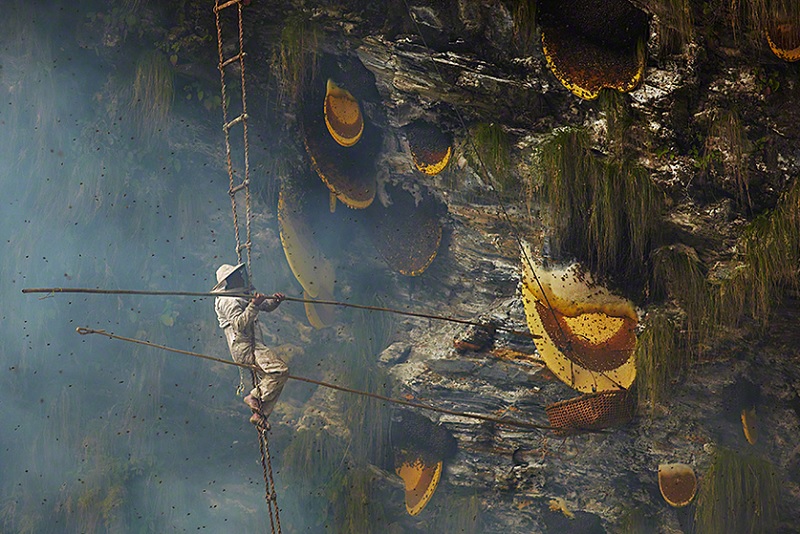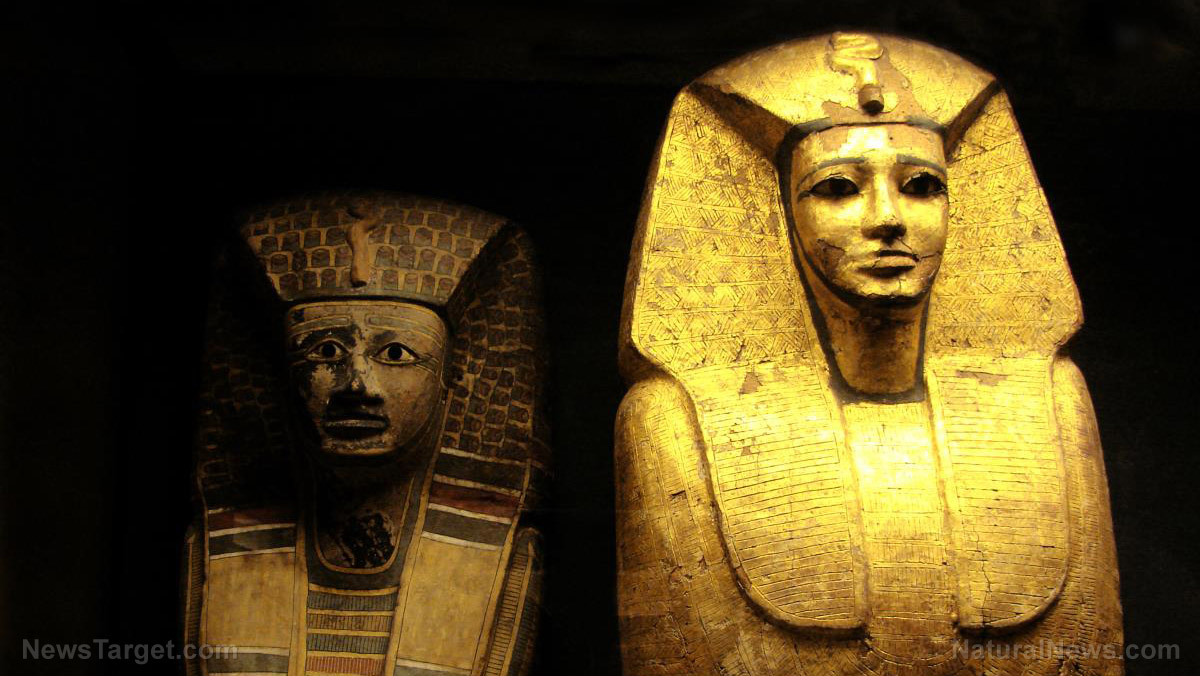 Parler
Parler Gab
Gab
Studying ancient West African pots
For their study, Dunne and her colleagues analyzed over 450 pottery fragments from the Nok culture to investigate what foods Nok people ate. Named after the Nigerian village of the same name, the Nok culture flourished for 1,500 years in an area where farmers and foragers coexisted. It was known for its giant terracotta figurines and early iron production. After studying fat residues in the fragments, the researchers found that one-third of the pottery shards contained traces of beeswax. This indicated that the Nok people likely used pot vessels to melt wax combs, cook beeswax, store honey or keep beehives. As some of the pottery shards also contained animal fats, the researchers surmised that Nok pots might have also served as containers for honey-preserved meat. (Related: Ancient secrets to fantastic hair: Scientists uncovered 3000 year old hair wax from the hair of Ancient Egyptian noblewomen.) The presence of beeswax was quite unexpected since the researchers were originally looking for something else. "We originally started the study of chemical residues in pottery shards because of the lack of animal bones at Nok sites, hoping to find evidence for meat processing in the pots," said Peter Breunig, an archaeologist from Goethe University and one of the study's researchers."That the Nok people exploited honey 3,500 years ago was completely unexpected and is unique in West African prehistory," Breunig remarked. Archaeologists had suspected that ancient Africans had been harvesting beehives for a long time. But it wasn't clear exactly how long that had been practiced.
The researchers recommended more studies to investigate whether earlier tribes harvested beehives. They noted that honey hunting might be older than the Nok culture since African pottery predated the latter by 8,000 years.Ancient uses of honey and other bee products
Honey, then a rare source of sweetness, was thought to be highly sought-after in ancient times because it was energy-dense and easy to digest. Some studies suggested that honey played a role in linking nutrition to the expansion of the human brain. There was also evidence showing that humans' closest living relatives, the chimpanzees, foraged for honey. Historical accounts showed that ancient African cultures used honey to make drinks, such as beer and wine. The writings of Muslim scholar Ibn Battuta in 1352, for example, showed that the people of Mauritania mixed honey with water, milk and ground millet to fix a sour drink. Other African tribes also used honey and other bee products such as propolis medicinally. Dunne and her colleagues noted that bee products possess various bioactive properties and have a long history of therapeutic use both in West Africa and globally. Propolis, for instance, has antiseptic and anesthetic properties and is commonly used as an ingredient in medicine, toothpastes, oral sprays and chewing gums. Archaeological records also indicated that beeswax was used in prehistoric times as a waterproofing agent, lamp illuminant and raw material for candles. Meanwhile, honey was used as a preservative. The Okiek people of Kenya, for example, used honey to preserve smoked meat. Artifacts.news has more on ancient civilizations and their ways of life. Sources include: DailyMail.co.uk Nature.comSupplementing with vitamin D found to improve blood pressure in overweight children
By Zoey Sky // Share
Steve Quayle: Truth about aliens and destruction of human race will be revealed
By Kevin Hughes // Share
Qatari study finds natural immunity is 97% EFFECTIVE against severe COVID even after 14 months
By Ramon Tomey // Share
Curcumin found to stop cancer cell growth
By Zoey Sky // Share
Governments continue to obscure COVID-19 vaccine data amid rising concerns over excess deaths
By patricklewis // Share
Tech giant Microsoft backs EXTINCTION with its support of carbon capture programs
By ramontomeydw // Share
Germany to resume arms exports to Israel despite repeated ceasefire violations
By isabelle // Share










